Revolutionizing Medicine and Public Health: The Emergence of Big Data in Healthcare
Roots Analysis
JANUARY 28, 2024
Big Data in healthcare refers to the vast amount of data that is continuously expanding and cannot be efficiently stored or processed using traditional tools. It accounts for the majority of big data in healthcare and comprises information, such as medical images, surveys, chats, and written narratives.


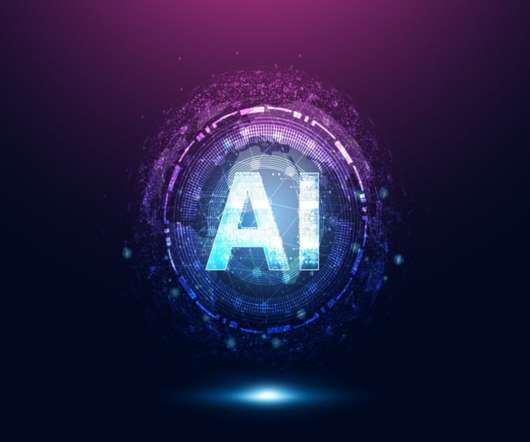

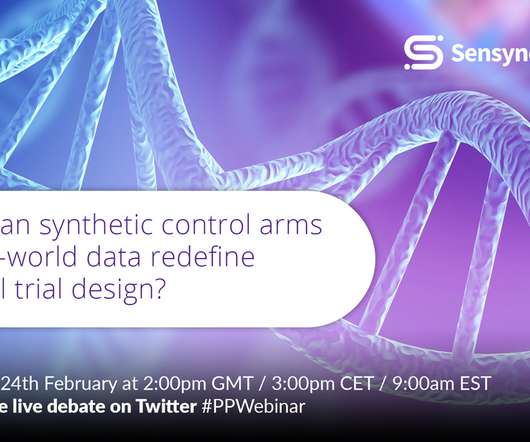
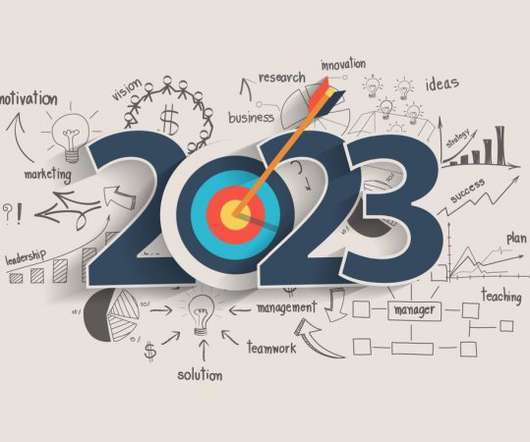
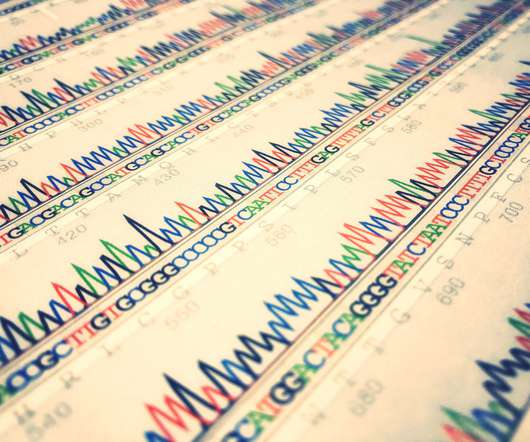
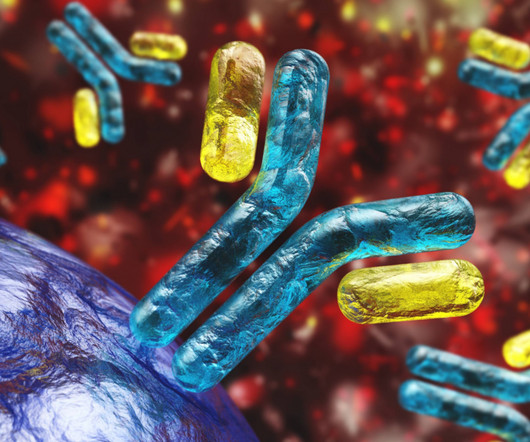

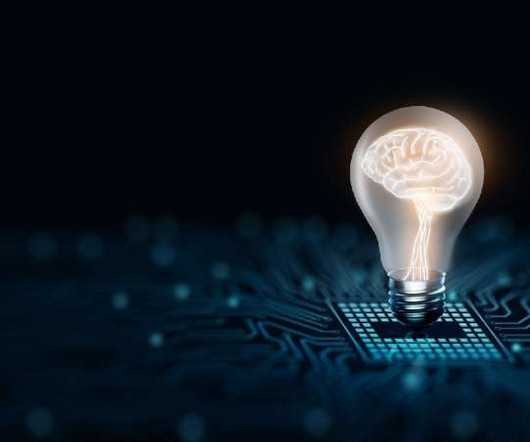
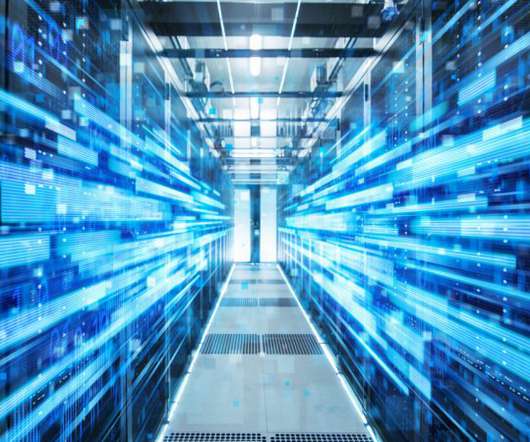

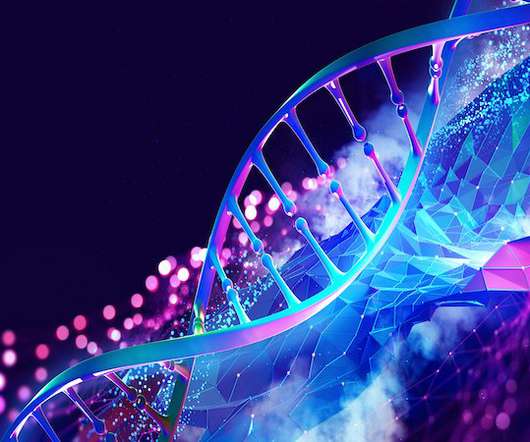

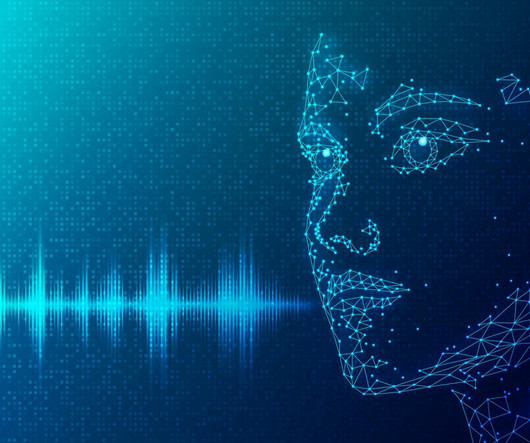
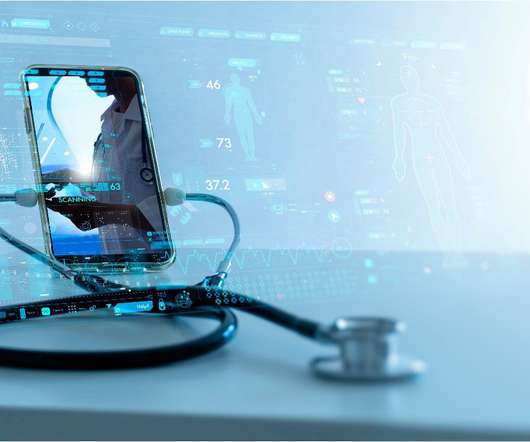
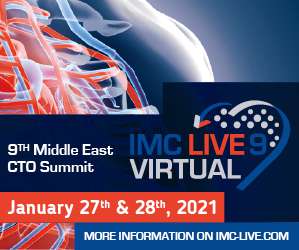







Let's personalize your content